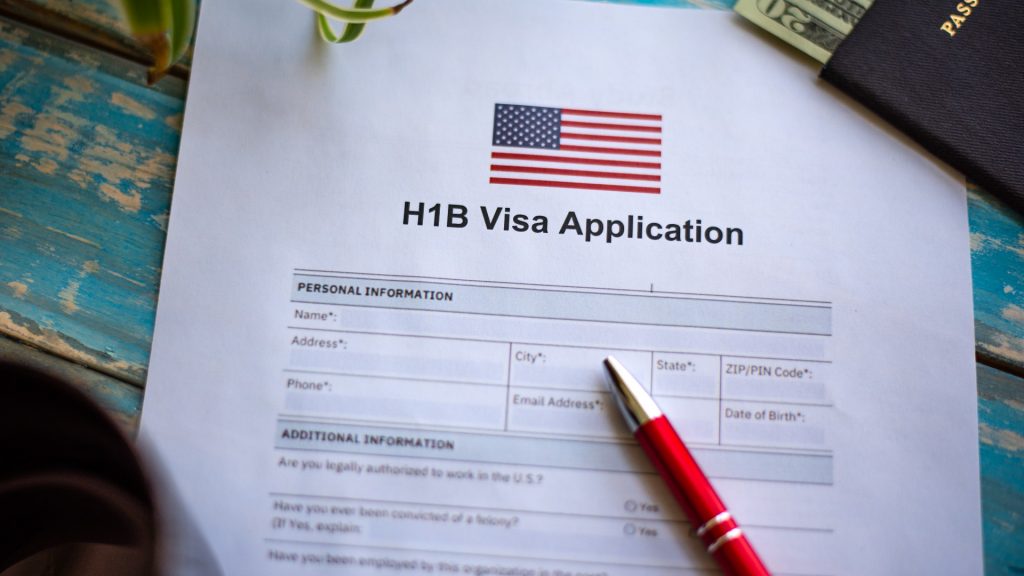United States Citizenship and Immigration Services (USCIS) has released a final rule that could have a significant impact on the H-1B visa program.
The new rule will “modify the H-1B cap selection process, amend current lottery procedures and prioritize wages,” USCIS announced in a press release earlier this week.
The new rule will only apply to applications filed for H-1B visas subject to the standard and advanced degree cap and “will not change the order of selection between the two,” according to USCIS.
The new rule will go into effect 60 days after it was published in the Federal Register on Jan. 8, 2021. It is expected to face multiple legal challenges in federal court. Further, it has been reported that once President-Elect Joe Biden has been sworn in, he will issue a memo freezing any rules that have not yet taken effect.
The full final rule can be found here.
Selection process under new rule
A legislatively-established statutory cap limits approvals of new H-1B petitions in a fiscal year to 85,000, with 20,000 of that total reserved for foreign nationals who have obtained an advanced degree or higher from a U.S. college or university.
In previous years, a random, computer-generated lottery was used to select cap-subject H-1B registrations/petitions after applications exceeded available visas.
The new rule modifies that process by generally awarding H-1B visas based on the highest salaries potential employers are willing to pay foreign national employees.
In the new system, USCIS will rank and select H-1B registrations based on the highest commensurate DOL wage level for the occupation.
Specifically, the prevailing wage for each occupation is broken into four levels based on the minimum requirements for the position:
- Level I (entry)
- Level II (qualified)
- Level III (experienced)
- Level IV (fully competent)
Under the process established by the new rule, all H-1B registrants receiving a Level IV wage will be considered first. If visas remain, then USCIS will consider the Level III wages and so on.
If USCIS receives more registrations for a particular wage level than the number of H-1B visas remaining, it will implement a lottery to select registrations within that particular group.
The net effect of the rule, if implemented, will be to drive selections of cap-subject H-1B applicants toward those occupations with higher wages, in some cases very substantially higher, and may make obtaining an H-1B visa for lower-wage occupations more difficult. This will obviously impact both applicants and employers by effectively changing the resultant pool of approved H-1B visa holders.
In the final rule, USCIS has reserved the right to revert to the previous lottery selection process if unable to update its registration system, with the necessary fields and data to incorporate this rule, in time for FY2022 H-1B cap cases.
What is an H-1B visa?
The H-1B nonimmigrant visa category is available for U.S. companies to fill a “specialty occupation” with a qualified foreign national.
A specialty occupation is one that generally requires a bachelor’s degree or higher, or its equivalent, as a minimum, entry-level credential.
In most situations, an H-1B petition can be approved for a maximum initial period of three years and may be extended for an additional three years longer under certain circumstances.
The attorneys at Garfinkel Immigration Law Firm are monitoring the situation closely and will alert clients as the situation evolves.

